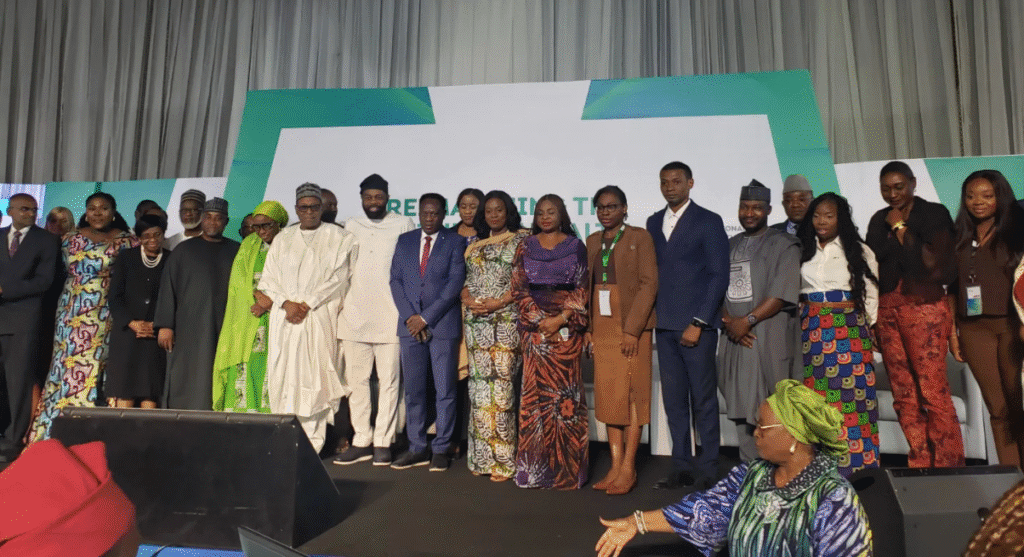The Federal Government has announced plans to enroll 44 million Nigerians into the National Health Insurance Scheme (NHIS) by 2030 in a bid to reduce high out-of-pocket healthcare spending and strengthen access to affordable medical services.
Dr. Iziaq Salako, Minister of State for Health and Social Welfare, disclosed this on Monday during the opening of the National Health Financing Policy Dialogue in Abuja. The event brought together policymakers, stakeholders, and experts to deliberate on reshaping Nigeria’s health financing system.
According to Salako, the dialogue theme, “Reimagining a New Era of Health Financing,” underscores the nation’s commitment to innovative and sustainable funding strategies that will drive universal health coverage.
Nigeria’s push for universal health coverage
The minister noted that President Bola Ahmed Tinubu has consistently emphasized that a strong healthcare system is crucial to national growth. To achieve this, the government is implementing interconnected policies designed to boost domestic health financing and reduce reliance on external aid.
Salako explained that while federal health allocations have increased significantly over the years from N434 billion in 2018 to a proposed N2.48 trillion in 2025, representing 5.18% of the national budget Nigeria still falls short of the 15% Abuja Declaration benchmark.
He further revealed that the National Assembly increased the 2024 health budget by N300 billion after the suspension of U.S. aid, while subnational governments also stepped up allocations. Overall, total health expenditure as a share of GDP rose from 3.4% in 2013 to 5.03% in 2024.
“The government is committed to implementing the National Health Insurance Act of 2012, which makes health insurance mandatory for all Nigerians and creates the Vulnerable Group Fund for those unable to afford premiums,” Salako stated.
Roadmap to 44 million enrollees by 2030
Under the Presidential Performance Agreement signed by ministries, Salako confirmed that one of the key deliverables is to enroll at least 44 million Nigerians in the NHIS by 2030.
“This step will drastically reduce out-of-pocket expenditure on health, currently at a staggering 70%. We are strengthening the framework, expanding coverage, and addressing challenges such as systemic inefficiencies, inadequate funding, and limited reliable data,” he said.
The minister also highlighted the Basic Health Care Provision Fund (BHCPF), which allocates 1% of consolidated revenue to support the poor and vulnerable, adding that plans are underway to raise this to at least 2% with the approval of the National Assembly.
Learning from global models
Salako urged Nigeria to draw lessons from countries like Ghana, where strong political will, innovative financing, and decentralized implementation have resulted in stronger health outcomes.
He called on stakeholders at the dialogue to share best practices and forge meaningful partnerships to deliver reforms that will ensure all Nigerians can access quality healthcare without financial hardship.
What you should know
The National Health Insurance Authority (NHIA) recently revealed it has already surpassed the 2024 presidential target for health insurance enrollment. The total number of enrollees grew from 16.7 million to 19.2 million Nigerians within a year an impressive 14% increase.
NHIA Director-General Dr. Kelechi Ohiri further disclosed that the agency aims to grow coverage by an additional 20% in 2025.
A 9am News report earlier highlighted that over two million Nigerians were enrolled in health insurance programmes at federal and state levels within the first nine months of 2024.
Stay tuned to 9am News Nigeria for more Breaking News, Business News, Sports updates And Entertainment Gists.
















